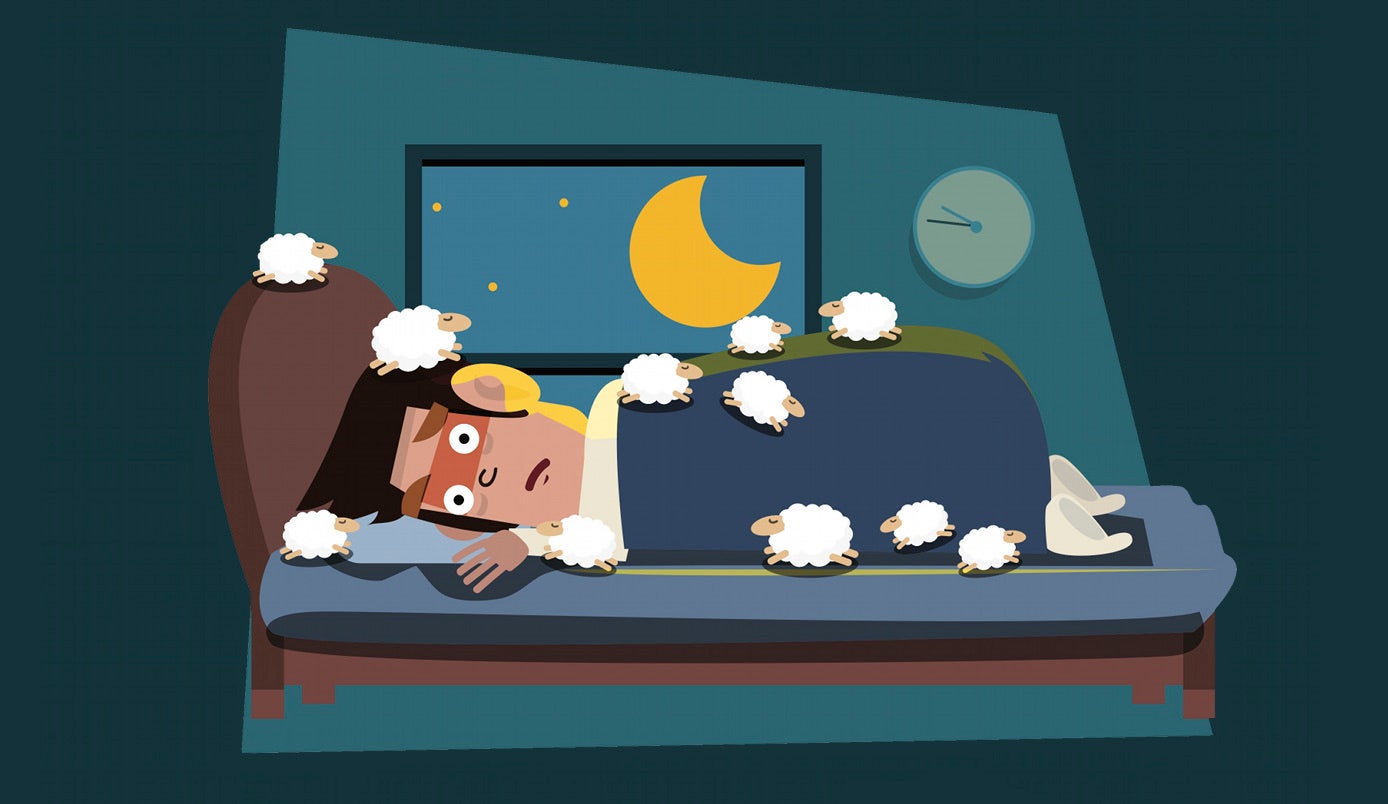
Sleep problems are more common than many people realise. The Sleep Health Foundation found that almost 60% of Australians regularly experience trouble falling or staying asleep, and 14.8 per cent of Australians have chronic insomnia.
Insomnia can include; difficulty falling asleep, waking frequently during the night, early waking and non-restorative sleep. Above all, insomnia makes it hard to function and causes problems with concentration, mood and work efficiency. In addition, insomnia increases the risks of psychological problems and physical health problems.
Western pharmacological treatment for insomnia includes benzodiazepines, or zopiclone. However, these medications have side effects such as drowsiness during the day. In addition, these medications become less effective with long term use. Due to these concerns, acupuncture has become a popular choice for patients with chronic insomnia.
How does Acupuncture help Insomnia?
Chinese medicine has a long history of treating restless sleep and insomnia.
In Chinese Medicine, night-time is seen as a yin time, when the yang withdraws and settles down and the body can rest and rejuvenate. Therefore, sleep is poor when yin and yang are not in balance, or when the mind or shen is not at peace.
Chinese medicine differentiates insomnia into three categories. Firstly, difficulty falling asleep. Secondly, not being able to stay asleep. And thirdly, when vivid dreams disturb sleep.
In addition to helping with primary insomnia, Acupuncture can also improve secondary insomnia, which is insomnia caused by another health condition. Conditions which can cause secondary insomnia include;
- Chronic pain;
- Poor digestion;
- Liver problems;
- Stress; and
- Anxiety/depression.
Evidence for Acupuncture for Insomnia
Modern science is beginning to provide evidence of how acupuncture influence sleeps. For instance; studies have shown that acupuncture increases the bodies’ natural release of melatonin and serotonin (Mandiroglu & Ozdilekcan, 2016). In addition, there is evidence that acupuncture can suppress central nervous system activity by activating GABA receptors (Lee et al., 2013).
Recent studies have found that there is evidence acupuncture is more effective than standard pharmacological treatment for the treatment of insomnia (Shergis et al., 2015).
How many Acupuncture Treatments are needed to improve insomnia?
Often patients feel very relaxed during their first acupuncture treatment and will have good quality sleep for two days before another session is required. After six treatments, longer- term improvements can be seen. For chronic insomnia, studies show six months of weekly treatments is effective.
At Acunatural Health, we often treat clients who are struggling with insomnia. Acupuncture points are chosen according to the individual’s pattern of disharmony with the aim of rebalance yin and yang and calm the mind.
Last November, ‘Adam’ (*not his real name), received acupuncture for insomnia. Adam was having difficulty falling asleep and staying asleep. With a stressful job, two young children and a third on the way the responsibilities of home and work were keeping him awake. In addition, Adam was suffering headaches and this was also affecting his sleep. Adam attended acupuncture once a week and also took Chinese Herbal medicine. After five sessions Adam was falling asleep easily and said that he “felt like himself again” in time to enjoy Christmas with his family.
Call or email Jane at Acunatural Health if you have any questions about how acupuncture can improve your sleep and relieve your insomnia.
References
Mandiroglu, S., & Ozdilekcan, C. (2016). Impact of acupuncture on chronic insomnia: A report of two cases with polysomnographic evaluation. Journal of Acupuncture and Meridian Studies, 10(2), 135-138. http://doi.org/10.1016/j.jams.2016.09.018
Montakab, H. (2014). Acupuncture for insomnia: Chinese classical medicine for the diagnosis and treatment of sleep disorders. Medical Acupuncture, 26(6), 315-325.
Shergis, J.L., Ni, X., Jackson, M.L., Zhang, A.L., Gui, X., Li, Y., Lu, C., Xue, C.C. (2016). A systematic review of acupuncture for sleep quality in people with insomnia. Complementary Therapies in Medicine, 11-20. http://dx.doi.org/10/1016/j.ctim.2016.02.007.
Sleep Health Foundation, The Leading National Advocate for Sleep Health. (2019). Annual Report 2019. https://www.sleephealthfoundation.org.au/files/pdfs/agm.
Zhao, K. (2013). Acupuncture for the Treatment of Insomnia. Neurobiology of Acupuncture, 217–234. doi:10.1016/b978-0-12-411545-3.00011-0

Leave a Reply